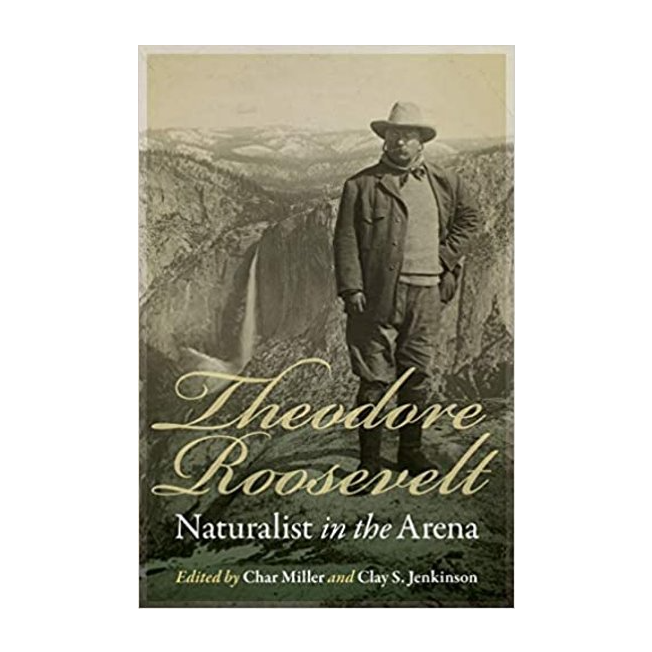1
/
of
1
Theodore Roosevelt, Naturalist in the Area
Theodore Roosevelt, Naturalist in the Area
Regular price
$24.95 USD
Regular price
Sale price
$24.95 USD
Unit price
/
per
Shipping calculated at checkout.
Theodore Roosevelt’s scientific curiosity and love of the outdoors proved a defining force throughout his hectic life as a rancher and explorer, police commissioner and governor of New York, vice president and president of the United States. Conservation and natural history were parts of a whole for this driven, charismatic public servant, and Roosevelt approached the natural world with joy and a passionate engagement.
Drawing on an array of approaches—biographical, ecological and environmental, literary and political, Theodore Roosevelt, Naturalist in the Arena analyzes this energetic man’s manifold encounters with the great outdoors. George Bird Grinnell, Gifford Pinchot, John Muir, and William Hornaday were among the many conservationists with whom Roosevelt corresponded, collaborated, hiked, and governed—and in turn, inspired.
Together, Roosevelt and his contemporaries developed a progressive argument for the conservation of natural resources as a way to construct a more democratic nation-state. This legacy also comes with some troubling domestic and global implications, as Roosevelt fused his call for the conservation of resources—natural and human, domestically and internationally—with a deep-seated conviction that some were more fit than others to control the world and define its future.
Drawing on an array of approaches—biographical, ecological and environmental, literary and political, Theodore Roosevelt, Naturalist in the Arena analyzes this energetic man’s manifold encounters with the great outdoors. George Bird Grinnell, Gifford Pinchot, John Muir, and William Hornaday were among the many conservationists with whom Roosevelt corresponded, collaborated, hiked, and governed—and in turn, inspired.
Together, Roosevelt and his contemporaries developed a progressive argument for the conservation of natural resources as a way to construct a more democratic nation-state. This legacy also comes with some troubling domestic and global implications, as Roosevelt fused his call for the conservation of resources—natural and human, domestically and internationally—with a deep-seated conviction that some were more fit than others to control the world and define its future.
Couldn't load pickup availability
Share


